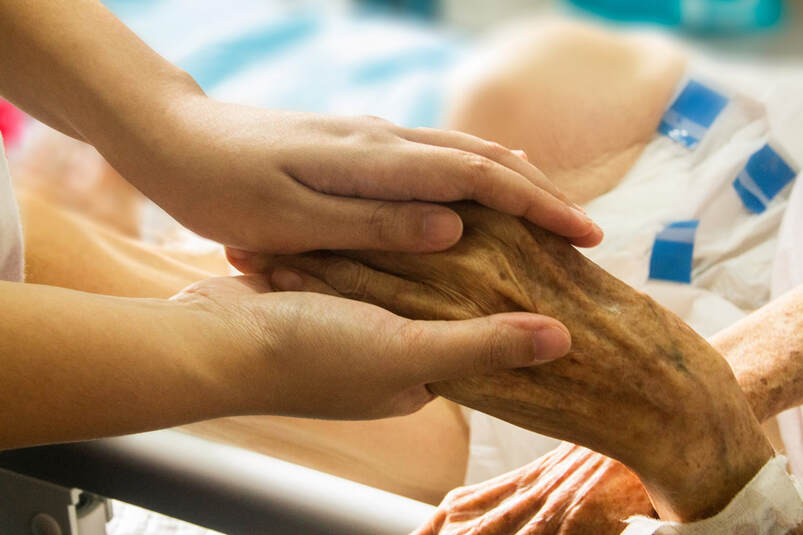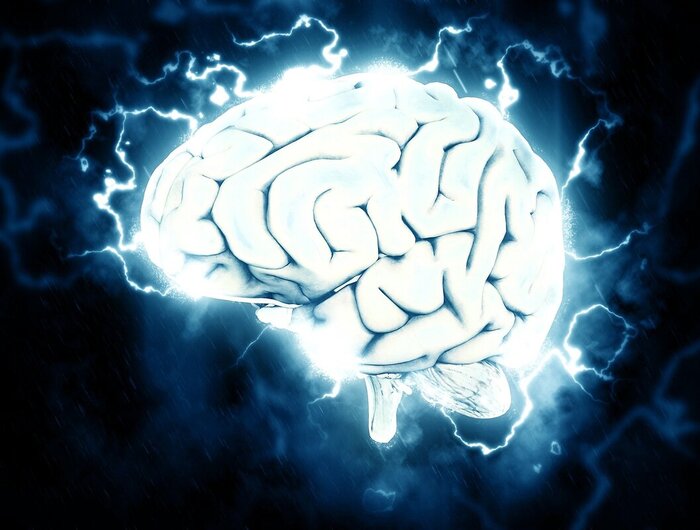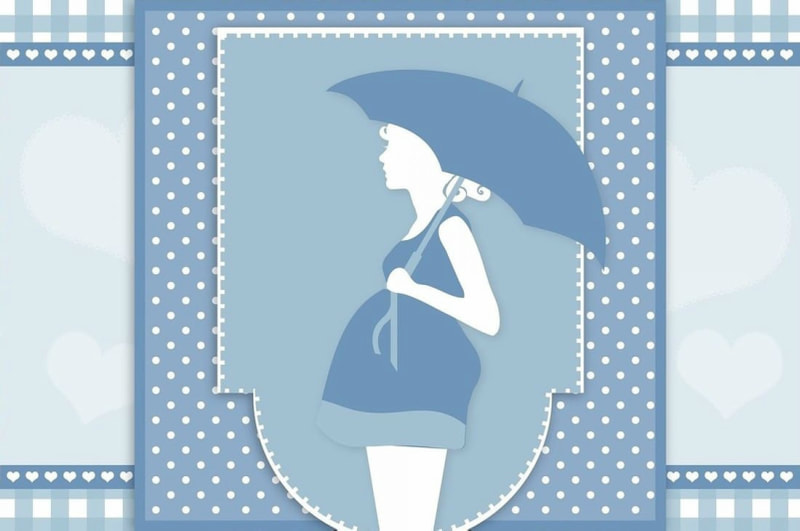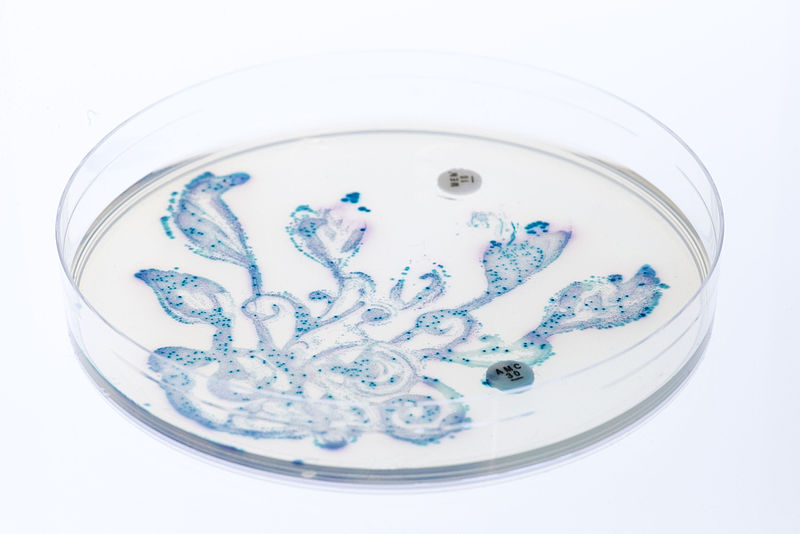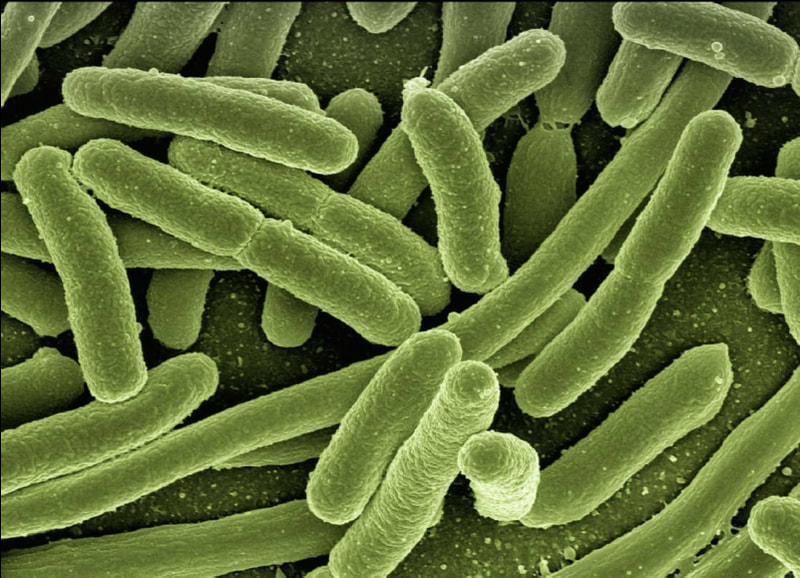Psilocybin Improves Psychological Well-Being in Cancer Patients
Approximately 18 million new cases of cancer were diagnosed worldwide in 2018 alone. Furthermore, a 2018 report by the World Health Organization (WHO) estimated that one in five men would develop cancer in their lifetime. These statistics only begin to describe a palpable emotional toll where rates of anxiety and depression reach as high as 40% in hospital environments. This distress is detrimental to care outcomes: increasing noncompliance with prescribed treatment regimens drains medical resources, decreases survival rates, and increases the risk of suicide and other methods of self-harm. Traditional antidepressants have proved inadequate in bettering the mental health of cancer patients. To fill the need for a more effective pharmacological psychotherapy, a new study conducted by the NYU Grossman School of Medicine investigated the potential long-term benefits of single-use psilocybin. Psilocybin, a psychedelic drug with hallucinatory effects comparable to those of LSD, is an illegal drug compound in all but three cities within the United States. However, the need for alternative psychotherapies has renewed interest in psilocybin as a novel treatment regimen for cancer-induced emotional trauma.
Four years ago, NYU researchers first compared the administration of single-dose psilocybin with niacin placebo during verbal psychotherapy for 29 cancer patients. After seven weeks, patients switched to the opposite treatment while continuing with psychotherapy. To gauge their mental states, each patient was asked to take questionnaires that quantified the negative aspects of their mental outlook during treatment. These questionnaires assessed levels of hopelessness, existential anxiety, and depression, after which scores from each questionnaire were then added up into an overall psychological health score. Over a period of about six months, patients exhibited behavioral responses similar to those who have taken antidepressants.
Four years ago, NYU researchers first compared the administration of single-dose psilocybin with niacin placebo during verbal psychotherapy for 29 cancer patients. After seven weeks, patients switched to the opposite treatment while continuing with psychotherapy. To gauge their mental states, each patient was asked to take questionnaires that quantified the negative aspects of their mental outlook during treatment. These questionnaires assessed levels of hopelessness, existential anxiety, and depression, after which scores from each questionnaire were then added up into an overall psychological health score. Over a period of about six months, patients exhibited behavioral responses similar to those who have taken antidepressants.
Image Source: TheDigitalArtist
However, it was unknown whether these positive effects would stand the test of time. This 2020 follow-up study found that the surviving cancer patients showed significant signs of improved mental health and spiritual well-being. While the exact mechanisms of this long-term positive psychological shift is still unknown, it is speculated that this change involved the default mode network, sections of the brain associated with introspection and daydreaming. In patients with existential despair, these regions of the brain become overly active and breed excessive feelings of worry and mental rigidity. Psilocybin, on the other hand, likely reduces this hyperactivity, allowing for other brain areas to coordinate a more positive emotional response to external stimuli.
Given the stringentness of the study parameters and current legal status of the drug compound, the researchers published these results with the disclaimer that psilocybin used without medical supervision would not result in a successful treatment of depression. Nevertheless, the results of the study provide a new and promising alternative to psycho-oncological care for patients otherwise devoid of hope.
Given the stringentness of the study parameters and current legal status of the drug compound, the researchers published these results with the disclaimer that psilocybin used without medical supervision would not result in a successful treatment of depression. Nevertheless, the results of the study provide a new and promising alternative to psycho-oncological care for patients otherwise devoid of hope.
Featured Image Source: truthseeker08
RELATED ARTICLES
|
Vertical Divider
|
Vertical Divider
|
Vertical Divider
|

